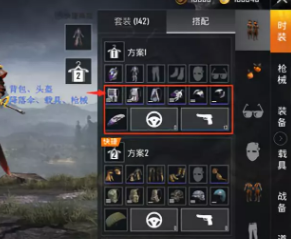electronic money banks Top searches
China Internet ETF is a cross-border ETF, which can conduct T+0 transactions, that is, it can repeatedly sell high and suck low in one day. The heavyweight stocks of China's Internet ETFs usually include well-known domestic Internet companies such as Tencent and Alibaba. The market performance of these companies has a direct impact on the trend of ETFs.As you can see the title, we have created many new expressions, which explain the strength of domestic policies and help Hong Kong stocks and China Stock Exchange to resonate. In addition, in terms of the external economic environment, it is expected that the interest rate will be cut in a high probability, and the US dollar index and exchange rate will fluctuate downwards, which is usually beneficial to global stock markets, including China Stock Exchange. Many brokers are optimistic about the long-term investment value of Hong Kong stock technology, and suggest paying attention to large-cap head companies and sectors that are differentiated and complementary to A shares, such as large consumption, software and services, and real estate.
China Internet ETF is an investment tool, which tracks the performance of China Internet companies listed overseas. Specifically.V. Valuation Analysis of China Stock Exchange in 2024I. Background
This shows that China has changed its monetary policy stance for the first time in more than ten years, from "moderate" to "moderately loose". This policy adjustment aims to boost consumption, improve investment efficiency and expand domestic demand in all directions. At the same time, it also indicates that China will probably take greater measures to cut interest rates and lower the RRR to support economic growth.As many well-known Internet companies in China are listed in the United States or Hongkong, and domestic investors can't directly enjoy the dividends brought by the rapid development of these companies, the establishment of China Internet ETF facilitates domestic investors to participate in the growth of these companies.The last time "moderately loose monetary policy" was put forward was in 2010. In addition, the reference to "strengthening unconventional countercyclical adjustment" in the conference draft is also the first time in history.
Strategy guide
Strategy guide 12-13
Strategy guide
12-13
Strategy guide 12-13
Strategy guide 12-13
Strategy guide
12-13





























